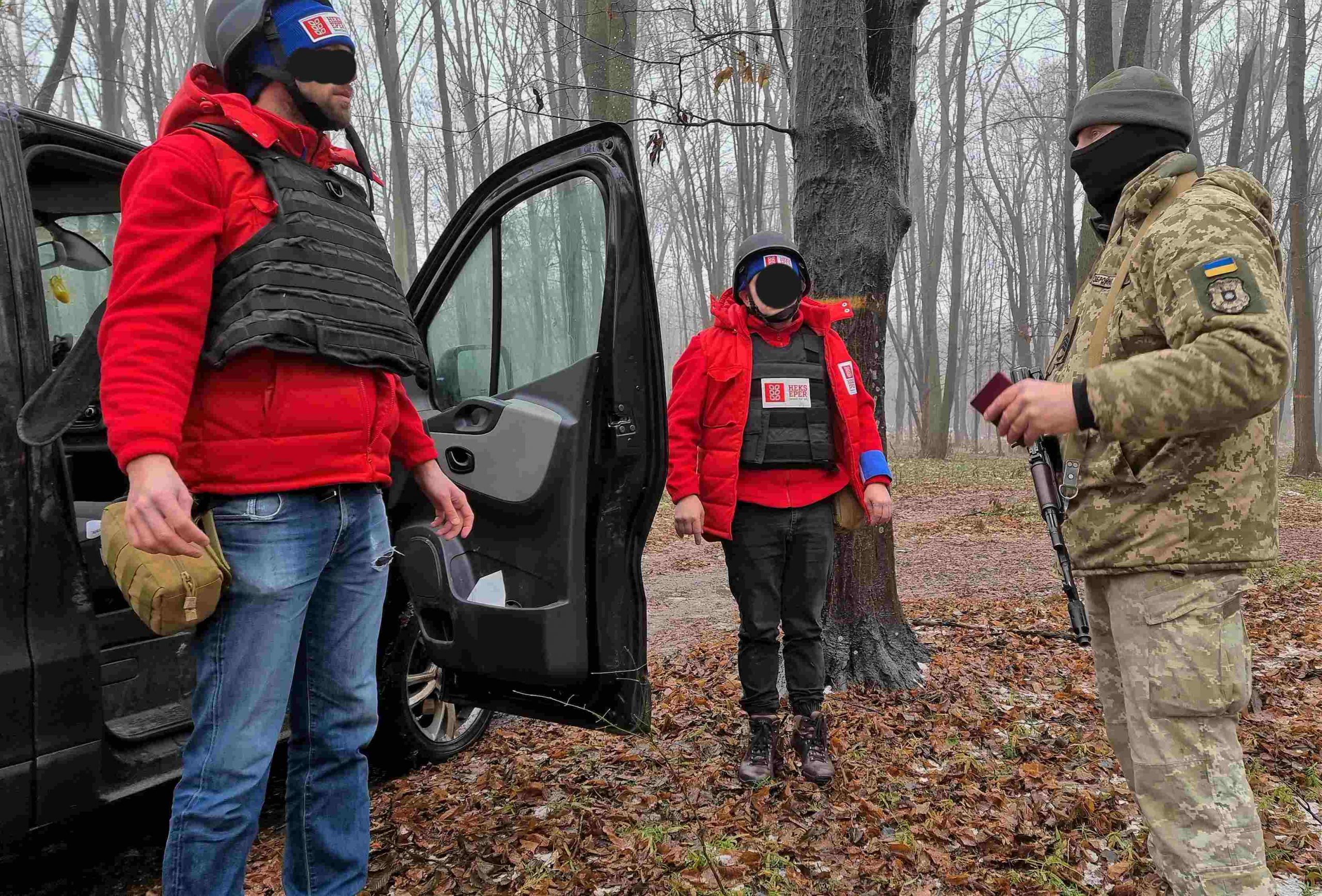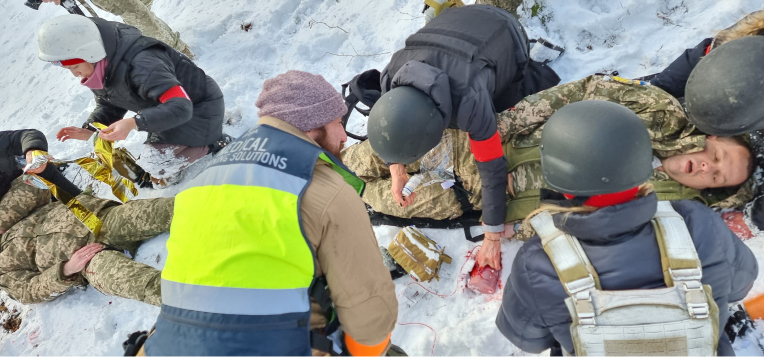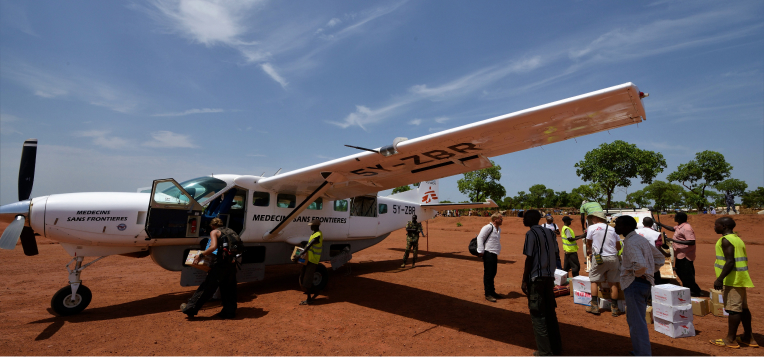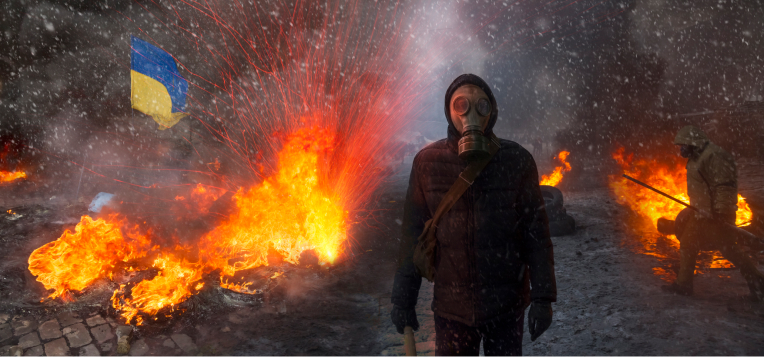
About the training
Expertise in "humanitarian negotiation" has become a decisive and essential skill for humanitarian workers. The need to intervene in conflict situations exposes field teams to direct and often tense interaction with individuals capable of making threats, perpetrating violence or simply enforcing the legal powers they hold. The need to negotiate is not exclusively linked to minimizing security risks. It may involve obtaining the agreement of the relevant authorities to implement a project, authorization to carry out medical research or import certain products, or obtaining permission to use radio frequencies.
Securing access for humanitarian workers to populations at risk, and for populations to the services provided by NGOs, remains the main subject of negotiation.
Main objectives
The main objective is to learn and strengthen individual skills and create more institutional capacity to engage in humanitarian negotiations. The course covers both theoretical and practical aspects of humanitarian negotiation, and provides access to practical tools and materials for further self-learning after the course.
Learn about all the elements that could potentially form part of a negotiator's repertoire.
Methodology
Training is based on two aspects: theory and practical exercises. The theoretical part is based on interactive presentations, examples drawn from the public and media material. The practical part is based on role-playing, simulations and feedback. The added value of the exercise will be the constructive feedback provided by observers and the exchange with peers. The contextual environment is introduced through readings, scenarios and unexpected events.
What will you learn?
- The key concepts of "humanitarian negotiation".
- The negotiation cycle and the components of a negotiation process.
- Negotiation strategies and tactics.
- Identify the "what" you are going to negotiate (negotiation objectives) as humanitarian and develop an appropriate argumentation.
- Identify your organization's weaknesses and strengths when it comes to initiating and maintaining a humanitarian negotiation over the long term.
- Familiarize yourself with the different bodies of law as tools of persuasion and sources of argumentation. In particular, international humanitarian law (IHL).
- Analyze stakeholders and actors, and gain insight into their interests.
- Evaluate and select the leverage your organization possesses for successful negotiation.
- Formalize agreements in writing or orally.
- Compile and monitor results and improve personal and institutional weaknesses.
Boost your career
Follow theoretical and practical course modules enriched by current feedback from the field.Consultant testimonies
I had low expectations for this HEAT training with SAHCO Consulting. I think it's one of the most useful courses I've attended, and it covered more topics than I expected. In addition, I was expecting not to be able to get fully involved in the simulations, or to be too anxious. On the contrary, the instructors and actors made the training very realistic, and many of the simulations took me out of my comfort zone, but never to the point where I couldn't handle it.
Gulfidan
Program manager
SAHCO Consulting's trainings and instructors are very professional and relevant to our work as humanitarian workers; I liked the fact that the instructors did not have military experience, but were senior humanitarian staff with years of experience in complex humanitarian environments and crises; I felt that I was understood in terms of the mentality and challenges we face in the field.
Eleonora
Gbv/cp program manager
I had the opportunity to attend a HEAT session delivered by Sahco Consulting, with whom we work in West Africa. The training is really adapted to humanitarian actors thanks to an approach based on our principles. This HEAT is well-balanced in the intensity of the learning exercises, and realistic in the scenarios and simulations of incidents we may encounter in the field. The trainers are professional, technically and humanitarian experienced, pedagogical, and flexible on the content of the training, allowing us to focus on the aspects we need to work on. All this in an excellent atmosphere of open collaboration.
Romain
Regional security manager
Indeed, this training course was very rich from the outset, with its very special teaching methodology, a perfect blend of practice and very realistic simulations; hats off to the trainers who were simply excellent. This training remains indispensable for us humanitarians living and working in hostile zones with volatile security situations. This training is beneficial on a personal, professional and even community level.
Benoit
Human rights activist




